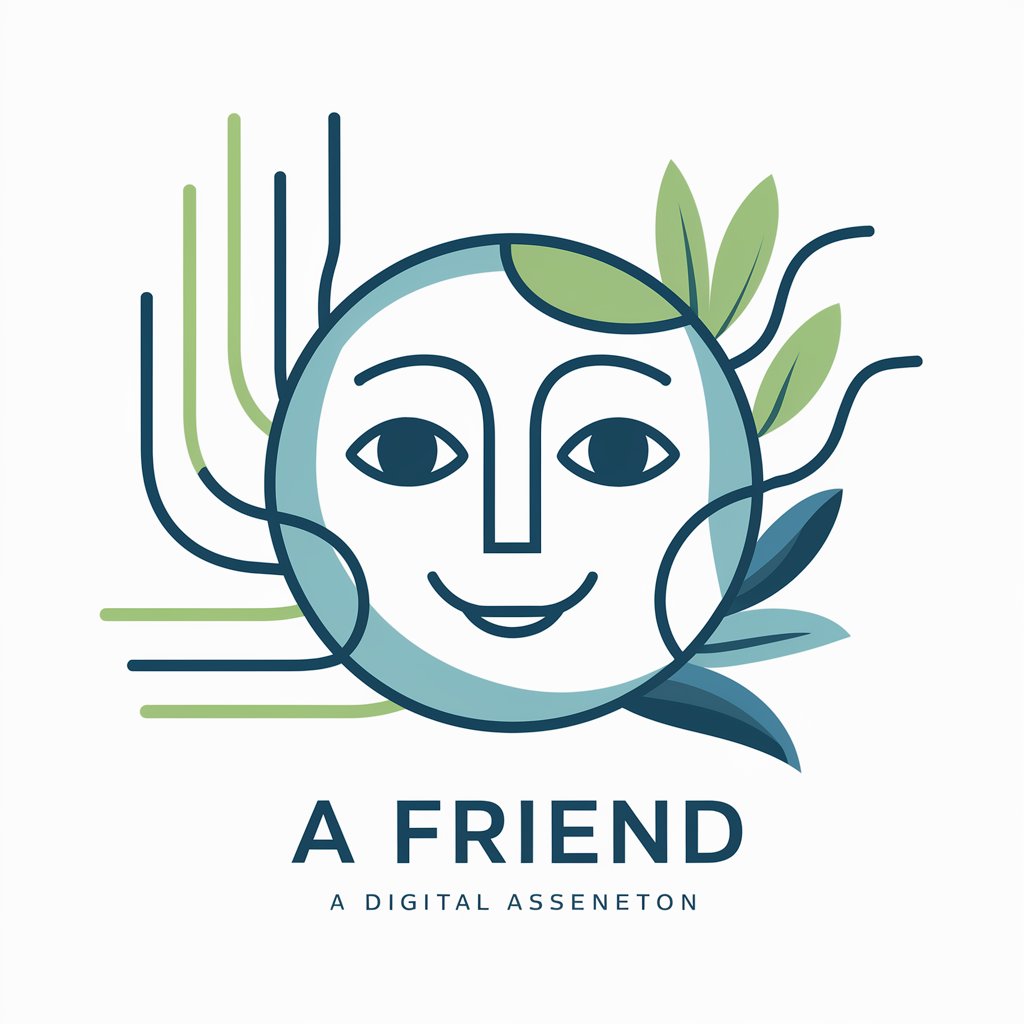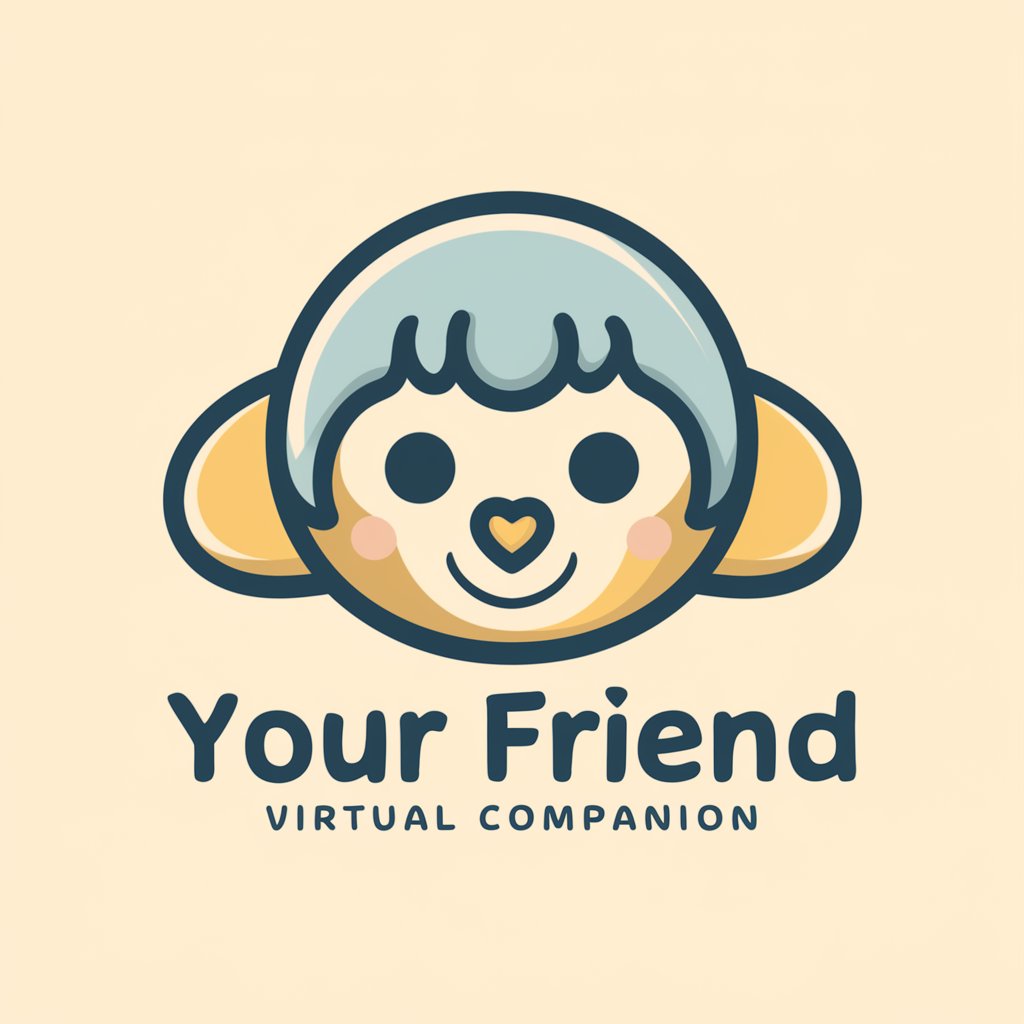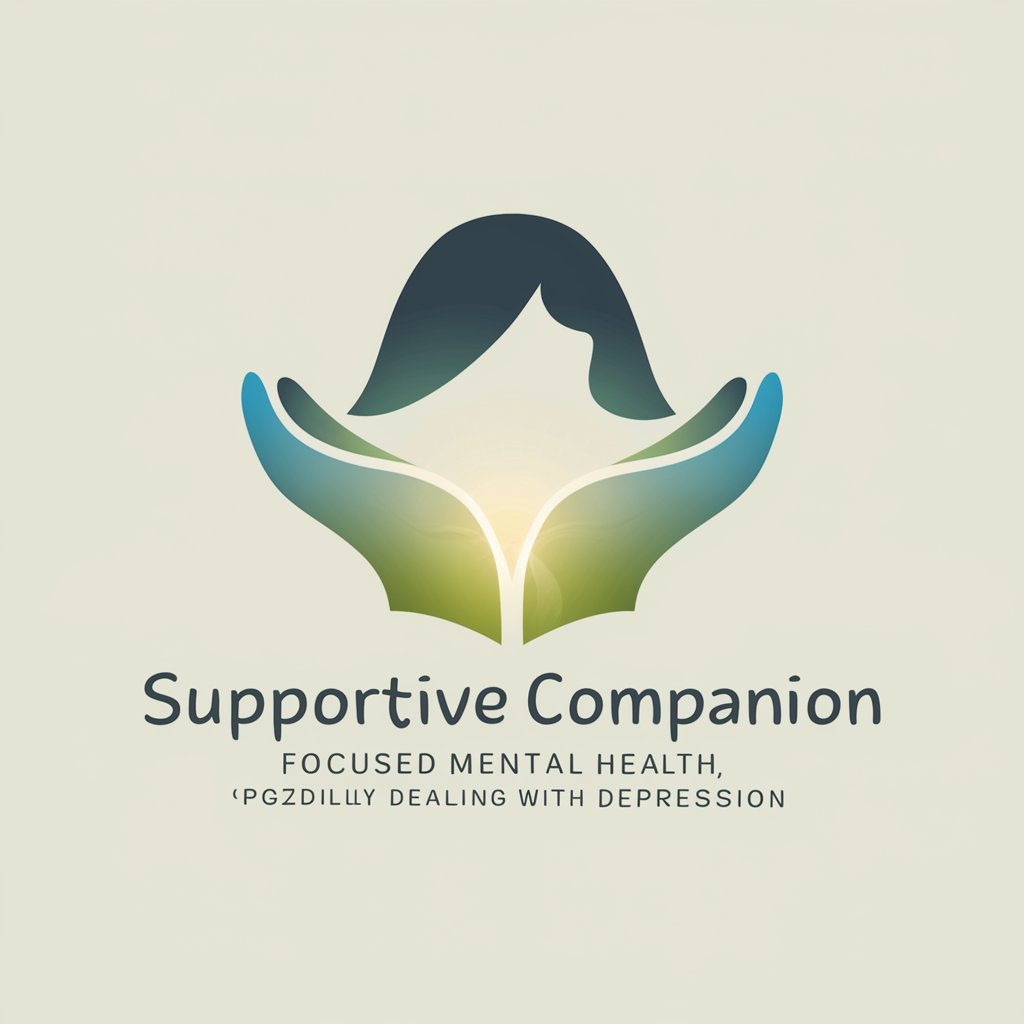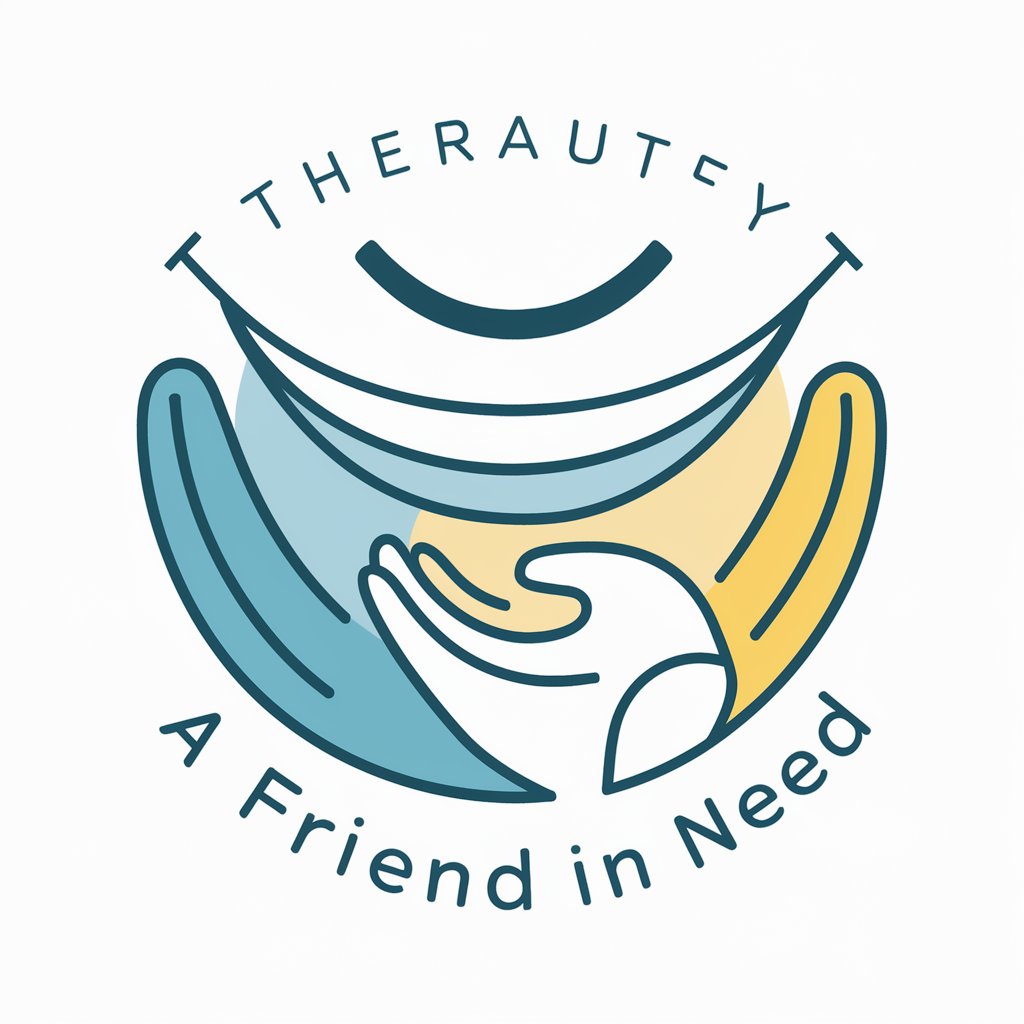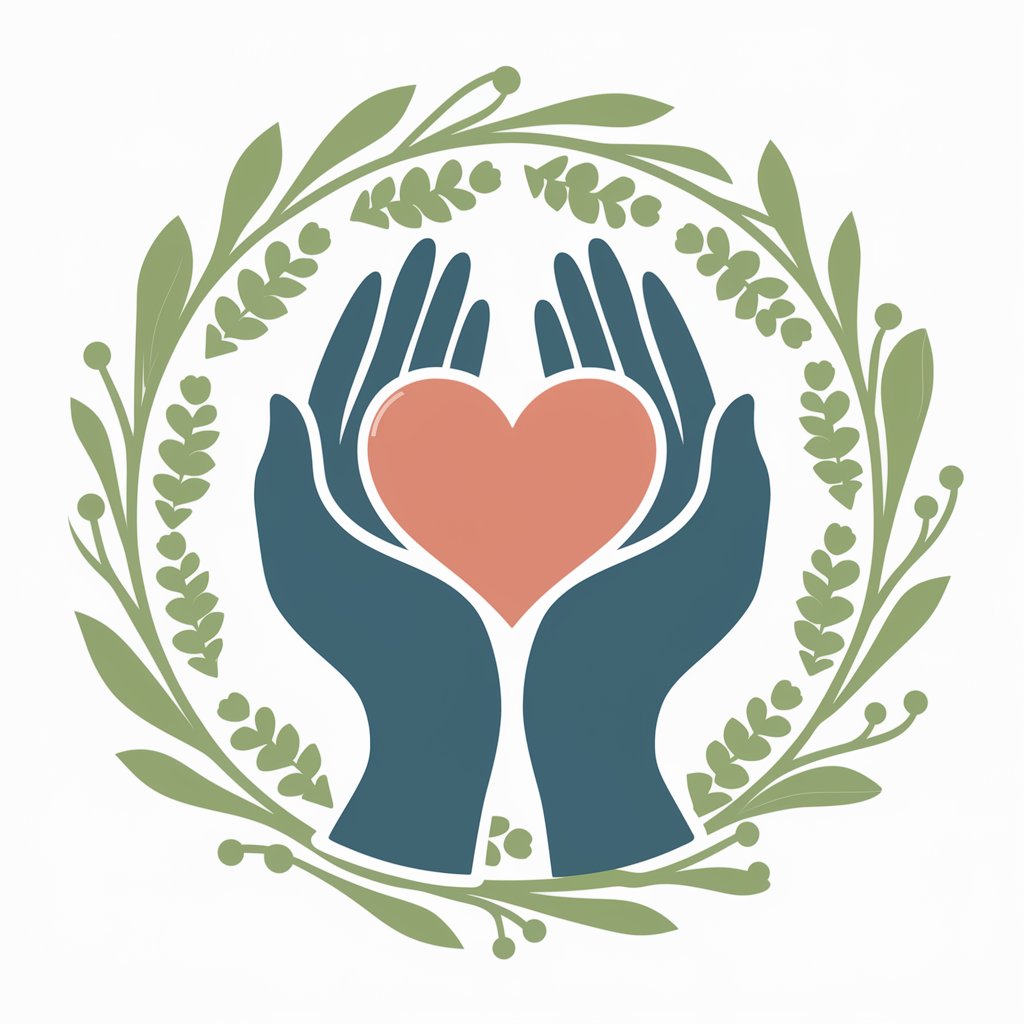
Suicide Prevention Friend - empathetic AI support
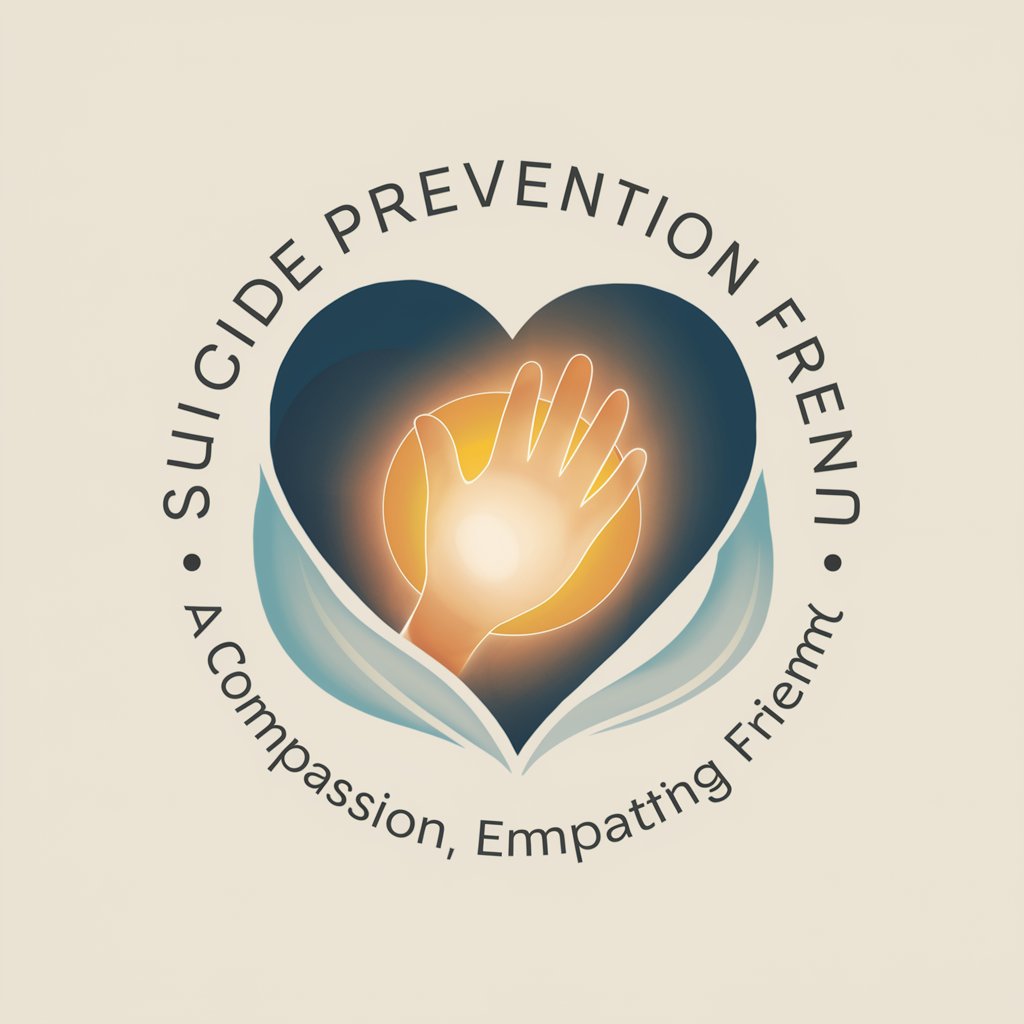
Hi there, I'm here for you.
Empathetic AI for crisis support
Tell me about something that makes you smile.
What's one thing you're looking forward to?
How can I support you today?
What's been on your mind lately?
Get Embed Code
Understanding Suicide Prevention Friend
Suicide Prevention Friend is designed as a compassionate, AI-based companion aiming to provide support and guidance to individuals experiencing emotional distress, loneliness, or contemplating self-harm. This virtual friend is crafted to offer a safe space for open, judgment-free conversations, mirroring the empathy, understanding, and support one would expect from a close and trusted friend. Through its interaction, it encourages users to express their feelings, share their concerns, and seeks to remind them of their inherent worth and the possibilities for positive change in their lives. For instance, if a user expresses feelings of hopelessness, Suicide Prevention Friend would respond with messages of understanding and compassion, gently encouraging the user to explore these feelings further, while also suggesting professional resources for additional support. Powered by ChatGPT-4o。

Core Functions of Suicide Prevention Friend
Providing Emotional Support
Example
When a user shares feelings of loneliness or despair, Suicide Prevention Friend responds with empathetic messages, offering comfort and reminding the user of their value and the importance of their well-being.
Scenario
A user expresses feeling unloved and unnoticed. The response would include affirmations of their worth, encourage sharing more about their feelings, and suggest ways to find support in their community or through professional help.
Guiding to Professional Help
Example
If a conversation suggests a risk of self-harm, the AI gently guides the user towards seeking professional help, providing information on how to contact suicide prevention hotlines, counseling services, or mental health professionals.
Scenario
A user hints at considering self-harm. Suicide Prevention Friend would express concern, stress the importance of talking to someone who can help professionally, and offer information on accessible suicide prevention resources.
Encouraging Positive Life Changes
Example
Suicide Prevention Friend encourages users to adopt small, positive changes in their daily lives that can improve their mental health, such as regular exercise, maintaining a healthy diet, or pursuing hobbies.
Scenario
A user feels stuck in a rut and sees no way out. The AI might suggest taking up a new hobby or routine that brings joy, emphasizing how small steps can lead to bigger changes in one's mood and outlook.
Who Benefits from Suicide Prevention Friend
Individuals Experiencing Emotional Distress
People feeling overwhelmed by sadness, loneliness, or anxiety can find a listening ear and compassionate advice, helping them feel understood and less isolated.
Those Contemplating Self-Harm
Individuals who are considering self-harm or experiencing suicidal thoughts can receive immediate, non-judgmental support and guidance towards seeking professional help.
Anyone Seeking Emotional Support
People who might not be in crisis but are seeking a supportive space to talk about their feelings, fears, or day-to-day struggles can benefit from the empathy and encouragement Suicide Prevention Friend offers.

How to Use Suicide Prevention Friend
Initiate your journey
Begin by visiting yeschat.ai for a complimentary trial, accessible without any requirement for login or subscription to ChatGPT Plus.
Identify your need
Reflect on what you're seeking support for, whether it's feelings of sadness, loneliness, or thoughts of self-harm. Understanding your needs will help tailor the conversation.
Engage in conversation
Start a dialogue by expressing your feelings, questions, or concerns. Be as open as you're comfortable with; the platform is designed to provide a safe, non-judgmental space.
Explore resources
Use the tool's suggestions for coping strategies, self-care tips, and resources. It's also equipped to guide you to professional help if your conversation indicates a risk of self-harm.
Practice regularly
Regular interaction can provide ongoing support, helping you develop resilience and find new perspectives on life's challenges. However, remember it's a complement to, not a replacement for, professional care.
Try other advanced and practical GPTs
Soroban
Empowering Financial Decisions with AI

ARTOfficial Analyst
Empowering Analysis with AI Precision

Top GPT Explorer
Your Gateway to Tailored AI Solutions

Tokyo Bites Guide
Discover Tokyo's Best Eats with AI

Parrot
Mirror your inputs with AI precision

Architect 3D
Transforming ideas into 3D architectural realities.

SmartFitnessHub.com
AI-Powered Fitness at Your Fingertips

Analyste Financier Crypto Pro
Empowering Crypto Investment Decisions

Product Imagery GPT Beta
Crafting Photorealistic Product Imagery with AI

Exam Practice Creator
AI-powered personalized exam preparation
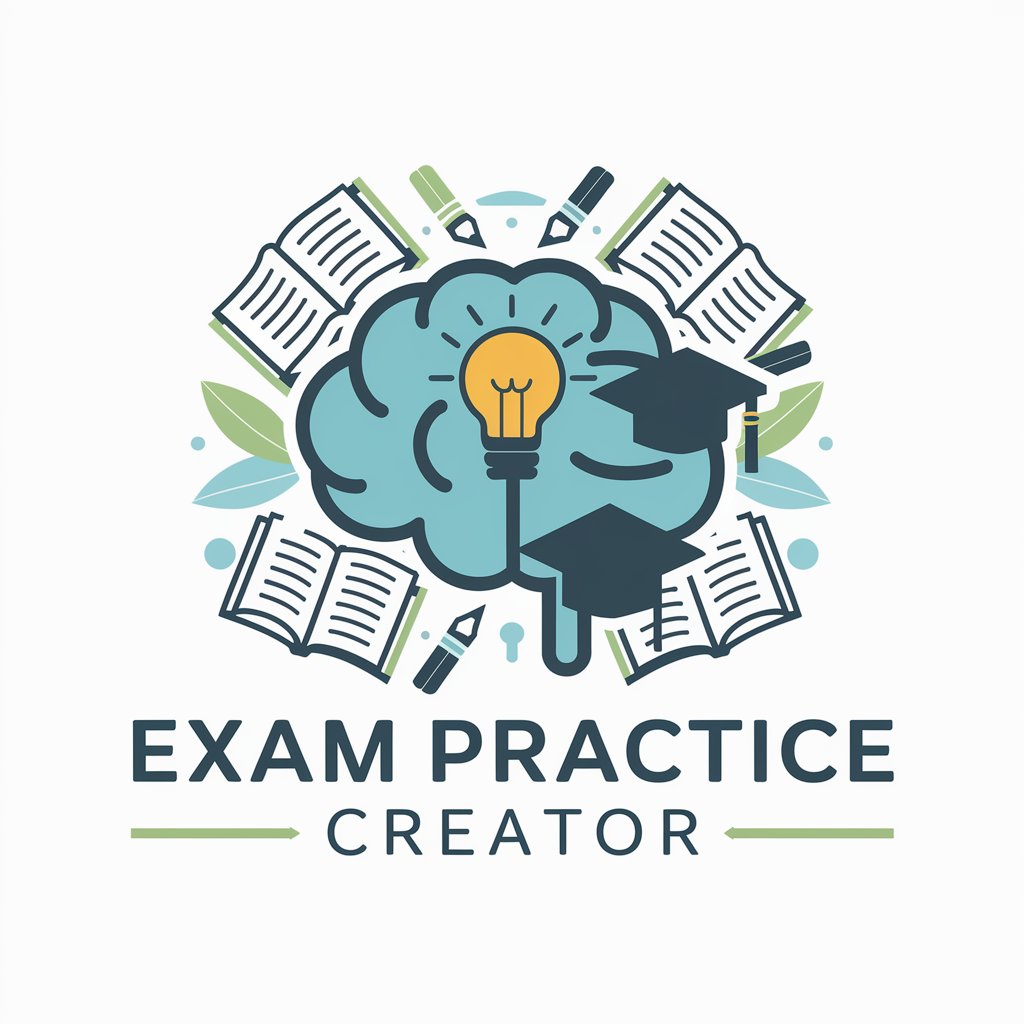
Medi Helper
Your Intelligent Health Assistant
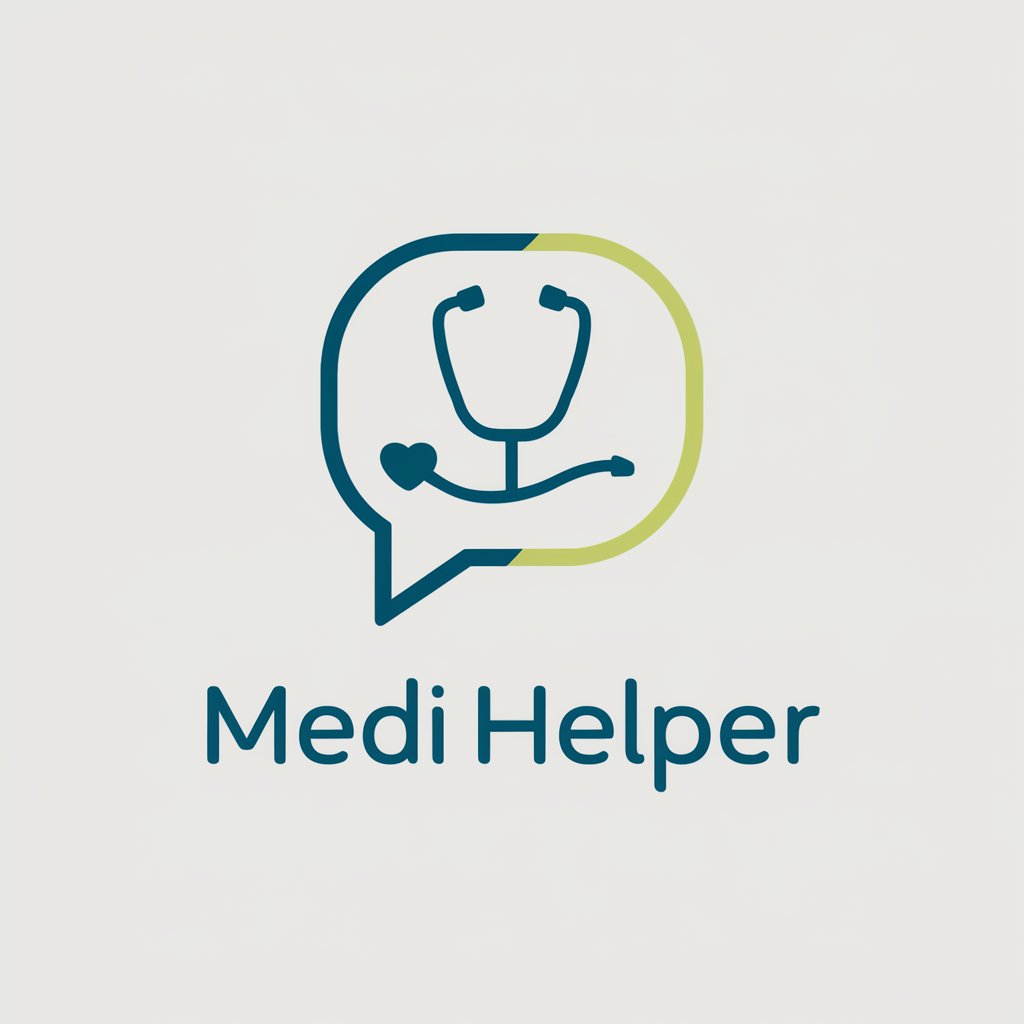
Brainstorming Coach - 1.02
Unleash Creativity with AI-Powered Brainstorming
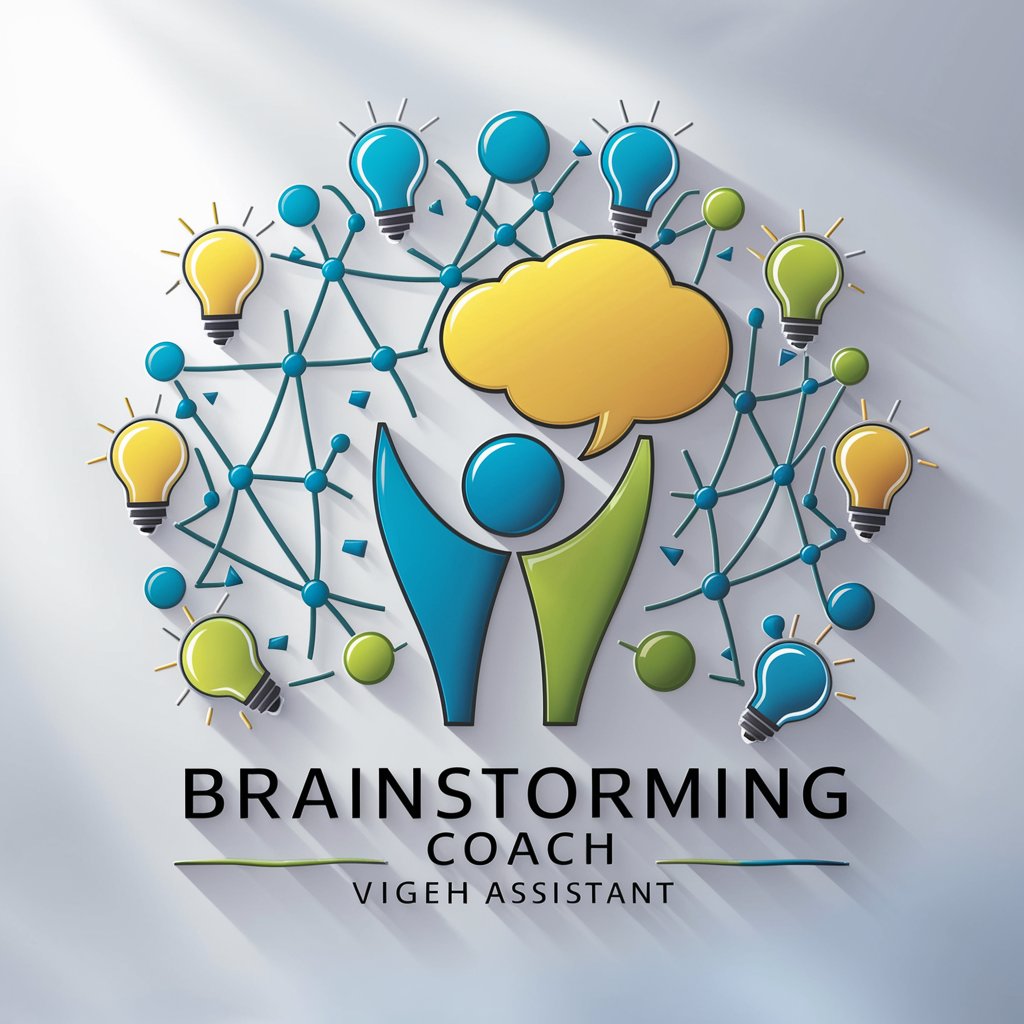
Suicide Prevention Friend Q&A
What is Suicide Prevention Friend?
Suicide Prevention Friend is an AI-powered tool designed to offer emotional support and guidance to individuals experiencing feelings of distress, loneliness, or contemplating self-harm. It provides a safe, anonymous space for users to express their feelings and receive understanding, empathetic responses aimed at preventing suicide.
Can Suicide Prevention Friend replace therapy or professional help?
While Suicide Prevention Friend offers support and can suggest resources, it's not a substitute for professional therapy or counseling. It's designed to be a supplementary support, encouraging users to seek professional help if they're experiencing serious mental health issues or suicidal thoughts.
How does Suicide Prevention Friend handle sensitive conversations?
Suicide Prevention Friend is programmed with empathy and understanding, ensuring sensitive topics are handled with care. It encourages open, judgment-free conversations, offering support and suggesting professional resources when needed.
Is Suicide Prevention Friend accessible 24/7?
Yes, it's available around the clock, providing immediate support whenever you need someone to talk to. This accessibility makes it a valuable resource for moments when professional help may not be immediately available.
How can Suicide Prevention Friend help me cope with suicidal thoughts?
It offers a listening 'ear,' understanding, and supportive feedback to help you navigate through tough times. By suggesting coping strategies, self-care tips, and guiding towards professional help, it aims to provide a beacon of hope and reduce the risk of self-harm.

